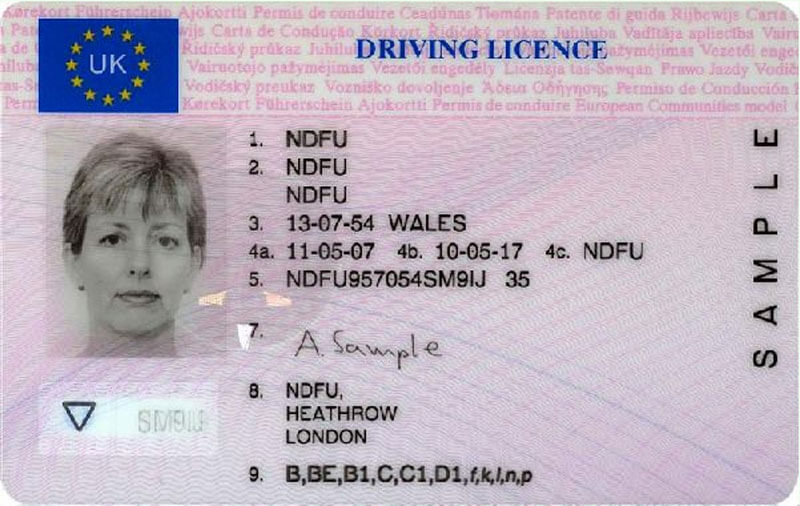Here we take a look at the courses, what happens on them and who can take one.
Not everyone will be offered a speed awareness course: Image credit No. There are nine official retraining courses the police can offer where appropriate. These cover everything from speeding – with separate elements for motorway and 20mph zone offences – to training for those who’ve had collisions or forgotten to wear a seatbelt. 
Out of the 1.4 million drivers sent on training courses in 2017, more than 1 million were for speeding offences, followed by around 100,000 drivers taking the ‘What’s Driving Us’ course, which covers a wide range of offences, such as drivers using a mobile phone at the wheel.
No. Certainly not. If appropriate, the police will offer the course to the driver – not the other way round.
The philosophy behind the course is that drivers can be diverted from prosecution if it’s clear that the offence amounted to a lapse of concentration or error of judgement.
The courses allow cops to let low-level speeding offenders to take an educational course, alerting them to the dangers and possible implications of speeding.
Drivers taking the course will be encouraged to consider why they were breaking the speed limit and to receive tips on reducing the likelihood of doing so again in the future.
A speed awareness course will prevent points being added to your licence, but only minor lapses will be considered 
Completing the course can take up to four hours. There is no driving element – all training is theory-based and carried out in the classroom.
Almost certainly not. Offenders can choose any location that runs the appropriate awareness course. However, some police forces use an alternative to the national provider, NDORS, in which case it’s possible the driver could be made to return to where the offence was committed.
If you complete the course, you will not have penalty points added to you licence.
Any speeding offence committed within three years of the original offence, will mean you’re likely to face prosecution and at least three penalty points. Drivers will not be offered a second speed awareness course within this three-year period.
The price of the course varies across the country, but will typically cost around £100.
Taking a speed awareness course is not a conviction and should not be treated as such by insurance companies.
Data from the courses is not shared with insurance companies.
It’s unlikely that you would need to inform your insurance company about a course taken during the lifetime of your current policy.
When renewing or applying for insurance, consumers were previously obliged to tell insurers about anything that ‘might’ be relevant even if it had not been requested by the company.
However, the Consumer Insurance (Disclosure and Representations) Act 2012, which came into force on 6 April 2013, modified this to mean that most of us only need to supply information that is directly requested.
So, unless the insurer asks directly about a speed awareness course, then it does not need to be disclosed. However, some companies will ask the question, so make sure you carefully read the policy. 
There is no pass or fail element to the course, but it must be completed for the offence to be dealt with in this way.
No, it does not. Attending the course calls a halt to any criminal proceedings.
The answer is no. Once the course is completed the case is closed.
Yes – if the licence is valid for the vehicle in which the offence was committed and if it the course is offered by the cops.
If you’ve been offered one by the police, you can book your course here.
